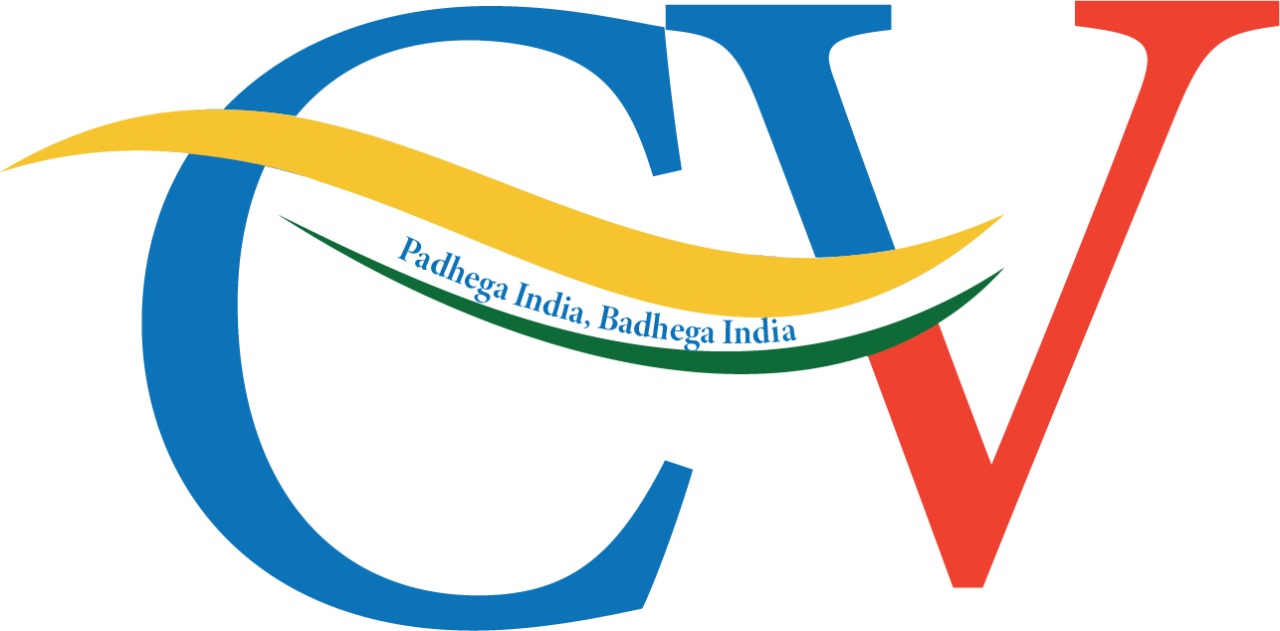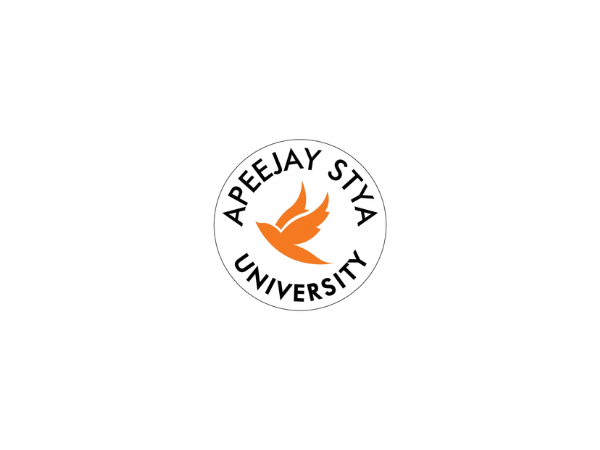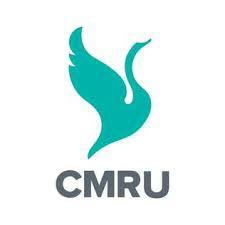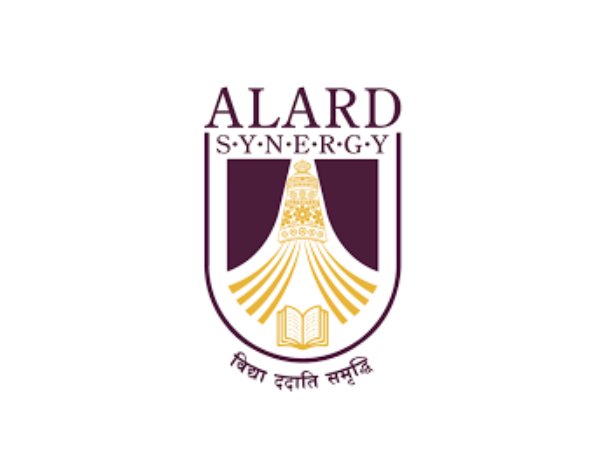Bachelor of Legislative Law - (Bachelor of Legislative Law - (L.L.B.))
Universities
71
Eligibility
10+2 To10+3
Course Introduction
Bachelor of Legislative Law
The LLB, or Bachelor of Laws, is an undergraduate degree program that focuses on the study of law. It's a course that helps individuals understand the legal system, its principles, and how it applies to society. During this program, students learn about various aspects of law, such as criminal law, civil law, constitutional law, and more. They also develop important skills like critical thinking, problem-solving, and effective communication. LLB courses typically span three to five years, depending on the country and university. The curriculum includes lectures, case studies, and practical training to prepare students for a career in law. Graduates of LLB programs often go on to become lawyers, judges, legal consultants, or pursue other careers within the legal field.
Course Overview
An L.L.B. (Bachelor of Laws) course is a journey into the world of law and justice. This program typically spans three to five years, depending on the country and university. During this time, you'll study various aspects of law, including criminal, civil, constitutional, and international law. You'll learn how to research legal issues, analyze cases, and understand the principles that govern our legal system. L.L.B. programs also teach essential skills like critical thinking, problem-solving, and effective communication, which are valuable in many career paths. As a student, you'll engage in moot courts, debates, and legal research projects to gain practical experience. Additionally, you'll explore topics such as ethics, human rights, and the social implications of the law.
Course Eligibility
Qualifications required for a L.L.B. course To enroll in an L.L.B. (Bachelor of Laws) course, typically, you need a high school diploma or equivalent qualification. Some universities may require specific subjects or entrance exams, so it's essential to check the admission requirements of the institution you're interested in.
Universities
Admission Process
There is an online admissions process available at Online Bachelor of Legislative Law, therefore there is no need to physically visit the campus to apply for admission. There is no entrance exam required to apply for admission to Bachelor of Legislative Law Online because admissions are made directly. The following describes the Bachelor of Legislative Law's admissions process for online courses:
Ask Admission QueryBrowse our diverse range of programs like MBA, BBA, MA, B.COM, Machine Learning, Python and many more...
Fill online application form with accurate.
You get your own education mentor who helps with all your questions about courses, university, colleges and fees. They're there to make things clear and easy for you.
Make your college application faster by sending your documents and paying the registeration fees.
Upon acceptance, pay fees to secure your seat and finalize enrollment
Confirm your class date, seat, enrollment number and get your gift as reward points
Course Subjects
- #Constitutional Law
- #Criminal Law
- #Contract Law
- #Tort Law
- #Property Law
- #Family Law
Bachelor of Legislative Law's Highlights
1
Diverse Legal Subjects
L.L.B. programs cover a wide range of legal subjects, from criminal law and contract law to constitutional law and international law. This diversity allows students to explore various facets of the legal system and discover their areas of interest.
2
Critical Thinking and Analysis:
L.L.B. courses emphasize critical thinking and analytical skills. Students learn how to dissect complex legal issues, analyze case precedents, and construct persuasive arguments. These skills are invaluable not only in the legal field but also in various professions.
3
Practical Experience
Many L.L.B. programs offer opportunities for practical experience through moot court competitions, internships with law firms, and legal clinics. These experiences help students apply their knowledge in real-world scenarios and build a strong professional network.
4
Ethical and Social Awareness:
L.L.B. courses often incorporate discussions on legal ethics and the social implications of the law. This helps students develop a deep understanding of the role of law in society and the ethical responsibilities of legal professionals.
5
Versatile Career Opportunities
While an L.L.B. is a prerequisite for becoming a lawyer, the skills and knowledge gained during the course are transferable to a wide range of careers. L.L.B. graduates can pursue careers in law firms, government, corporate legal departments, academia, or even entrepreneurship, offering versatility and job opportunities
Bachelor of Legislative Law's Freights
The cost of an LLB course in India varies, with an average annual fee ranging from INR 1 lakh to INR 2 lakh. Tuition fees may fluctuate depending on the college and the facilities offered. Completing a law degree can be done with a maximum expenditure of around Rs.
Bachelor of Legislative Law's Specialization
N/A
- #Corporate and Commercial Law
- #Criminal Law
- #Environmental Law
- #Human Rights Law
- #Family Law:
Course Job
- #Compliance and Risk Management
- #Non-Governmental Organizations (NGOs)
- #Alternative Dispute Resolution (ADR)
- #Government and Public Sector
- #Corporate Counsel
- #Legal Practice
Course Types
Offline Coures
Offline LLB programs are traditional, full-time, on-campus offerings where students engage in in-person classes, practical legal exercises, and direct interactions with faculty and peers, fostering a comprehensive understanding of the field of law.
Why this Course ?
- An L.L.B. course provides in-depth legal knowledge, critical thinking skills, and the ability to navigate complex legal systems. It opens doors to diverse career opportunities in law, business, government, and more. Moreover, it empowers individuals to advocate for justice, uphold rights, and make a positive impact on society.
- Interest in Law and Justice: Many individuals are inherently interested in legal principles, justice, and the rule of law. They are drawn to the study of law to better understand how societies establish and enforce rules and regulations.
- Passion for Advocacy: Law provides a platform for individuals who have a passion for advocating for others, standing up for their rights, and seeking justice. Becoming a lawyer allows you to represent clients in legal matters and make a difference in their lives.
- Versatile Career Opportunities: An L.L.B. degree opens up a wide range of career opportunities, from practicing law as an attorney to working in government, business, academia, or nonprofit organizations. It is a versatile qualification.
- Critical Thinking and Problem-Solving: Law is about analyzing complex issues, identifying legal implications, and finding solutions to problems. L.L.B. programs nurture critical thinking and problem-solving skills that are valuable in various professions.
- Intellectual Challenge: Law is intellectually stimulating, requiring students to engage with legal texts, precedent, and argumentation. It offers a continuous intellectual challenge that appeals to many.
Frequently Asked Questions
A 1 : The L.L.B. (Bachelor of Laws) program is an undergraduate degree in law, typically lasting three to five years, covering foundational legal principles, case analysis, and legal research. It prepares students for careers as lawyers, legal advisors, or in various legal-related fields.
A 2 : L.L.B. graduates have diverse career prospects, including becoming lawyers, corporate counsel, judges, legal consultants, or pursuing roles in government, academia, and non-profit organizations, offering a wide range of opportunities in the legal field and beyond.
A 3 : An L.L.B. program can develop skills such as legal research, critical thinking, analytical reasoning, effective communication, problem-solving, ethical judgment, and the ability to navigate complex legal systems, making graduates well-equipped for various career paths.
A 4 : The L.L.B. the program typically takes three to five years to complete, depending on the country and university. Some integrated programs combine undergraduate and postgraduate legal education and last for five years.
A 5 : Credit transfer from a community college to an L.L.B. the program depends on the university's policies. Some may accept credits, typically for general education courses, while others may have specific requirements and limitations for transfers. Contact the university's admissions office for detailed information.







































































